By Sabrina Pascoe, Associate, Programs and Greg Porter, Senior Associate, Communications
United Front Against River Blindness (UFAR) has been treating communities for river blindness in the Democratic Republic of Congo (DRC) since 2006. But now, it has repurposed its sprawling operations to take on the daunting challenge of stopping the spread of COVID-19 in a country already dealing with an Ebola epidemic and widespread political instability.
UFAR began as a small organization with the goal of eliminating river blindness in just one province in the DRC. Since then it has grown to also provide treatment for lymphatic filariasis, schistosomiasis, and intestinal worms. The END Fund began partnering with UFAR in 2015. Through this partnership, they treat millions of people each year for these four neglected tropical diseases (NTDs).
With its connection to a network of healthcare workers in the DRC, UFAR was able to quickly transition to addressing the spread of COVID-19. They are supporting COVID-19 response efforts in 4 provinces (Kwango, Kwilu, North Kivu and South Kivu) in the DRC with the END Fund’s support.
“Fortunately, most of our major activities for the 2019 mass drug administration campaign had been completed by the time the first COVID-19 case was confirmed in March,” explained Daniel Shungu, Founder of UFAR. “Therefore, it made complete sense for us to switch gears and put needed resources and efforts to control the spread of COVID-19, knowing that, at the same time, these efforts will be ensuring that the gains already achieved towards NTD elimination will be maintained.”

They are targeting over 8 million people with COVID-19 prevention messages via radio and television broadcasts and approximately 1,800 people will participate in water, sanitation and hygiene (WASH) activities, such as hygiene training sessions. More than 250 handwashing stations will be donated to selected health facilities and 650 health workers will receive hand sanitizing gel for WASH activities.
The COVID-19 pandemic poses a threat to the already “battered health system” in the DRC, which has struggled to contain an Ebola epidemic since 2018. UNHCR warns that insecurity in the region and subsequent population displacement could easily “derail” containment of the virus.
UFAR’s COVID-19 response efforts further cement its position as a small but mighty organization, which works tirelessly to empower local healthcare workers. “Over the past 14 years, UFAR has gained significant experience and skills in NTD control and elimination strategies,” recalled Dr. Shungu, “and has secured a very good standing and reputation with the Ministry of Health and various international and domestic partners for efficiency, effectiveness, and honesty.”
This project also leverages UFAR’s pre-existing relationship with the United Methodist Church, which will be responsible for COVID-19 response efforts in North Kivu and South Kivu. The United Methodist Church provided support to the Ministry of Health during the Ebola outbreak in North Kivu. Its radio broadcasting system (“UmConnect”) was used to educate communities on Ebola prevention and control measures.
Last year, through a partnership with the Astellas Global Health Foundation, our local partners targeted more than 26 million people for treatment of at least one NTD and trained more than 150,000 health workers. We are proud that organizations like UFAR are able to leverage their connections from this large NTD program to reinforce the capacity of local healthcare workers, and educate communities on COVID-19 prevention strategies, in order to stop the spread of this pandemic throughout the country.
